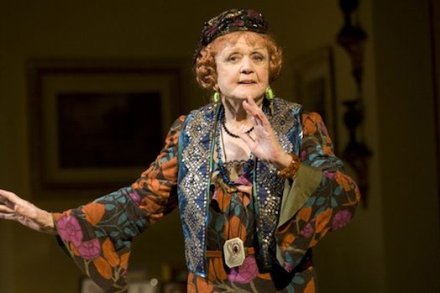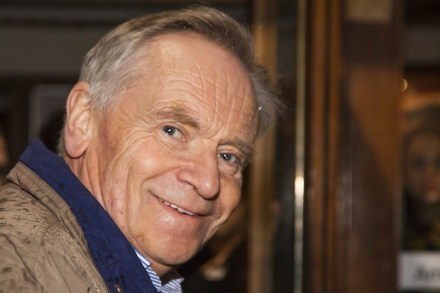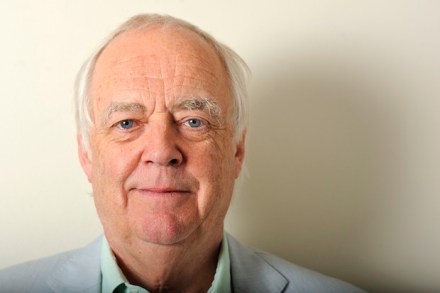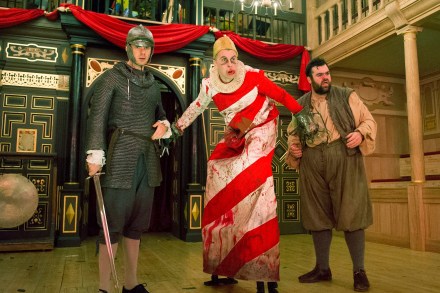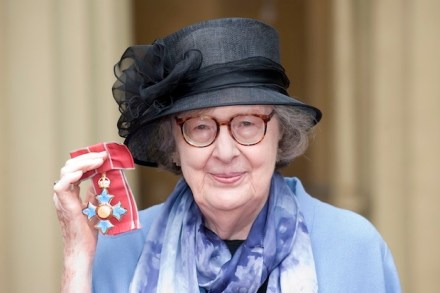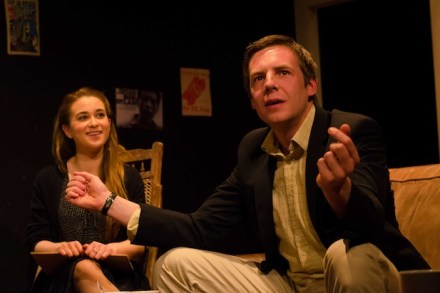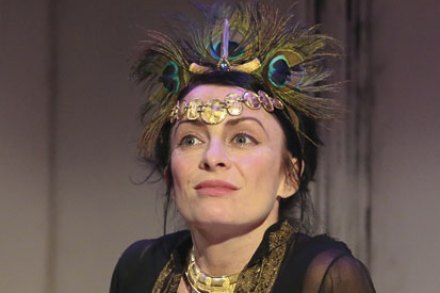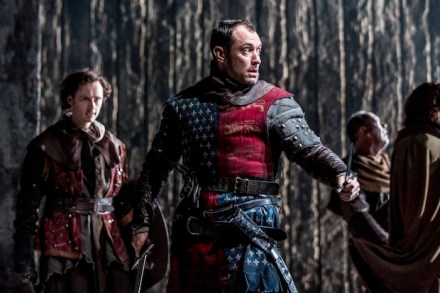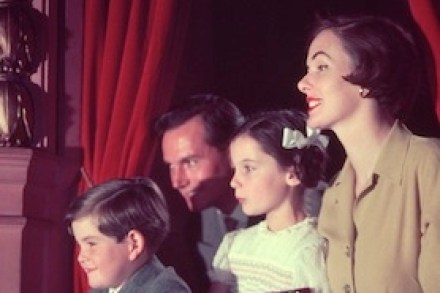Televising theatre and opera will not attract new audiences. It will repel them
Always try to get the worst seats for the opera. Upper circle. Foyer. Toilet. The nearest bus stop. The further back the better. You’ll regret it if you don’t. There really is nothing more off-putting than being able to see the singers. Opera up close, as Princess Margaret once said, is just two fat people shouting at each other in a large room. And then there’s the clown make-up and trannie costumes to deal with. It all makes much more sense from afar, where it assumes a lovely dreamy abstract fuzz. Was that a smile? Or a stroke? Who knows. The words and music will carry you along. But even ‘good’ theatrical




